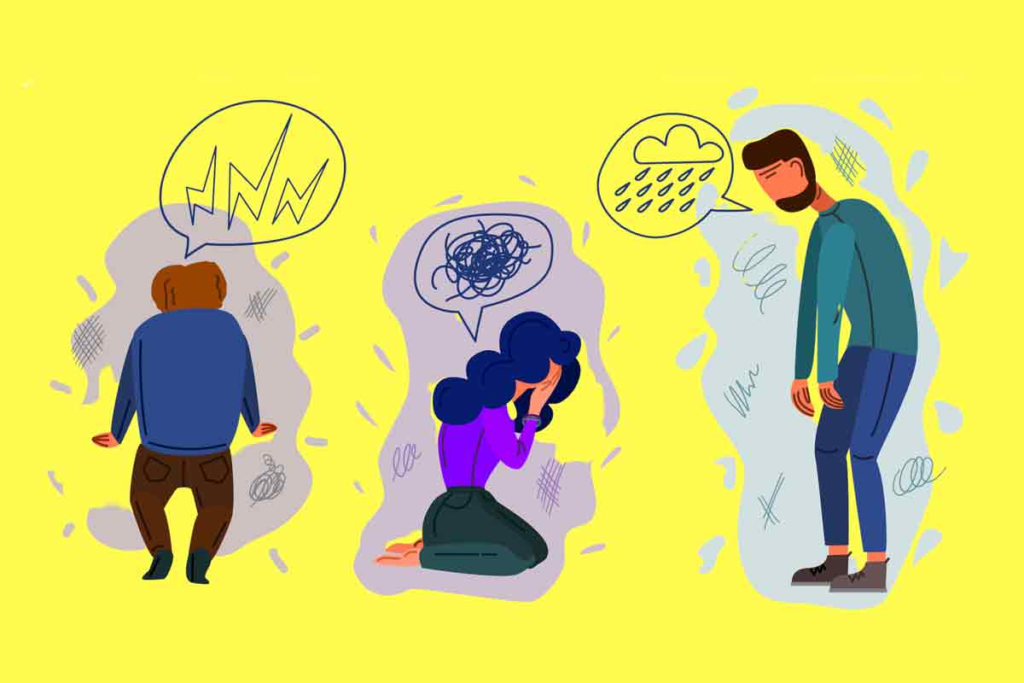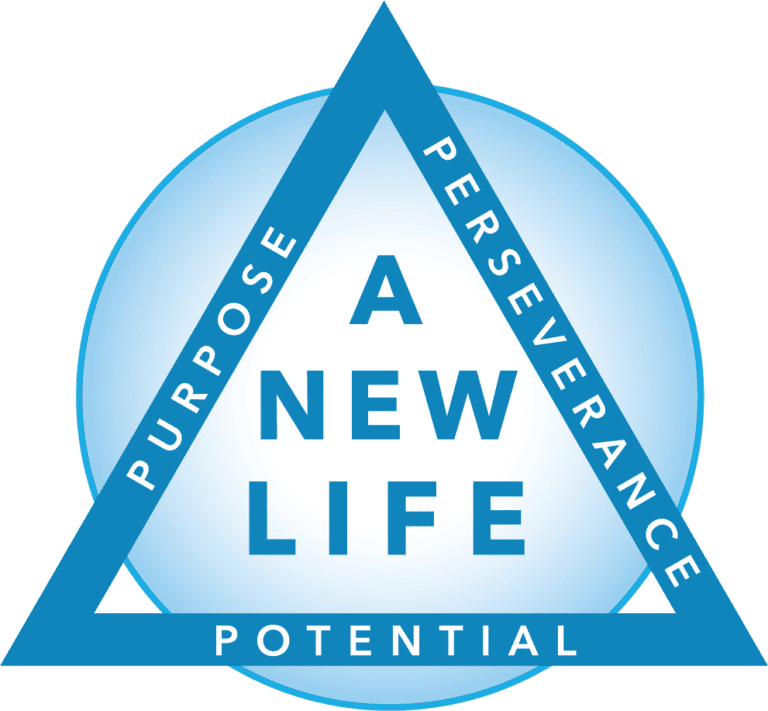The holiday season spreads happiness, joyfulness, and unity. However, this time of year may also present unique challenges as well as triggers for individuals in recovery if they have addiction problems. Handling gatherings or parties where alcohol or drugs could be present might evoke cravings, thereby leading one into emotional stressors; thus, one should have effective coping strategies. In this wide-ranging guide, we will cover practical strategies on how to cope with triggers during holidays and special occasions, empowering people to remain resilient in the face of heightened temptations and committed to sober living.
1. Understanding Triggers
Triggers are external or internal cues that elicit cravings or thoughts of substance use. During holidays and special occasions, triggers may include:
Social Pressure: Avoid gatherings where you feel pressured to drink alcohol or use substances in a company where others are drinking.
Emotional Stress: Feeling tension with relatives, being lonely, and feeling grief can cause an urge to drink or take drugs.
Environmental Cues: Going back to familiar places, situations sometimes related to past drug use history such as going out at old spots, and parties where there is alcohol.
2. Identifying Personal Triggers
The nature of individual triggers depends on personal experiences and vulnerabilities. It’s essential for self-reflection during festive seasons to identify common personal triggers that might come up during holidays. One way you can achieve this includes the following:
Self-awareness means paying attention to thoughts, emotions, and physical sensations before cravings or urges to use substances arise.
Keeping a Trigger Journal: Recording trigger situations, thoughts, and feelings can help identify patterns and common triggers during holidays and special occasions.
3. Creating Coping Mechanisms

A set of coping mechanisms is needed when dealing with triggers; thus, one can stay sober even when it comes to holiday time. Here are some strategies that can help:
Developing Healthy Habits: Promote physical and emotional well-being by engaging in regular exercise, mindfulness meditation, and enough sleep.
Seeking Support: Depend on trusted friends, family members, or support groups like Alcoholics Anonymous (AA) or SMART Recovery for encouragement, guidance, and accountability.
Setting Boundaries: Assert limits to your buddies about alcohol or drugs and be ready to retreat from any situation that might undermine your sobriety.
4. Planning Ahead
It will help people navigate the holiday season confidently and resiliently by preparing for potential triggers and challenging situations. Look at these tips for proactive planning:
Creating an Exit Strategy: Have a plan that allows you to leave situations where triggers are present, such as arranging transportation or having a supportive friend on standby.
Bringing Your Non-Alcoholic Drinks: Bring your preferred non-alcoholic drinks to social events, so you won’t feel left out or under pressure to drink.
Practicing Mindfulness: Stay present in the moment; it helps manage stress and effective ways of dealing with cravings positively.
5. Staying Connected
It is essential during the holidays for people experiencing them to maintain groundedness and resilience. Look at these strategies for staying connected:
Attending Support Meetings: Continue attending support group meetings or therapy sessions throughout the holiday to take advantage of their inspiration and direction.
Volunteering: Participating in voluntary work or community service can provide fulfillment while at the same time giving opportunities to mingle with others.
Reaching Out: If you are going through tough times, do not hesitate to call sober friends, sponsors, and mentors, among other people who will give you support and company when you need it most.
6. Practicing Self-Care
Self-care is essential when individuals have heightened levels of stress and temptation; thus, one must find ways of maintaining emotional well-being and resilience during such moments. Prioritize self-care by:
Setting Realistic Expectations: Avoid expecting too much and do not succumb to the urge to conform to unrealistic standards or satisfy others during festive seasons.
Taking Time for Yourself: Plan breaks and include activities that bring joy and relaxation, such as reading, walking in nature, or doing hobbies.
Practicing Gratitude: Take time to think about your life’s positives and appreciate what you have, however small it may seem.
7. Finding Alternative Ways to Celebrate

Coming up with new ideas for celebrating during holidays will ease the recovery process for individuals by adding meaning and joy to their lives. Look at these ideas:
Hosting Alcohol-Free Gatherings: Organize events without alcohol involving friends and family, like game nights, potluck dinners, or outdoor activities.
Exploring New Traditions: You should embrace new traditions or activities that align with your values and interests, such as volunteering, attending cultural events, or participating in creative workshops.
Focusing on Connection: Holiday celebrations can emphasize meaningful connections between kinfolk rather than materialism, excesses, kindness towards one another, or gratitude expressed through actions.
8. Practicing Forgiveness and Self-Compassion
In conclusion, this is when an individual must learn how to forgive themselves, but it is also a period of self-compassion since ups and downs characterize it. Setbacks and challenges are part of the journey toward sobriety, but there is no harm in getting help from someone who can advise you based on experience.
In sum, dealing with sparks during festivities and eventful moments necessitates self-knowledge, early organization, and a dedication to personal health and abstinence. Identifying one’s own stimuli, developing coping devices, connecting with others, and self-compassionately acting enables one to successfully swim through the holiday season, remaining committed to sobriety.
Call us today!
If you want to improve your health, enquire about our supportive sobriety homes and comprehensive rehabilitation programs from A New Life Sober Living. Our team of caring individuals is here to help you lead a successful life in recovery. You are encouraged to call us now so that we can guide you toward a brighter future.






